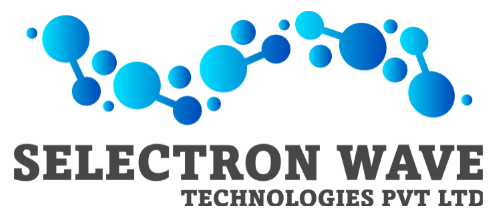The Role of AI in Predictive Healthcare
Introduction
The healthcare industry is undergoing a transformation driven by artificial intelligence (AI). AI’s ability to analyze massive amounts of medical data in real time allows healthcare providers to predict diseases before they manifest, enabling early intervention. This blog will explore how AI is revolutionizing predictive healthcare and its potential impact on patient outcomes.
Key Areas of Focus:
1. What is Predictive Healthcare?
– Definition and explanation of predictive healthcare.
– The role of data analytics and machine learning.
2. AI-Powered Predictive Models: How They Work
– Discussion on how AI uses historical data to predict patient health outcomes.
– Use of machine learning algorithms to predict diseases such as cancer, diabetes, and heart disease.
3. Applications of AI in Predictive Healthcare
– Early diagnosis and detection.
– Predicting the onset of chronic diseases.
– Personalized treatment plans.
– Reducing hospital readmission rates.
4. Benefits of Predictive Healthcare for Patients and Providers
– Improved patient outcomes.
– Cost reduction in healthcare.
– Reduction in unnecessary treatments.
– Enhanced doctor-patient relationship through real-time health insights.
5. Challenges and Ethical Considerations
– Data privacy and security.
– Dependence on AI for critical health decisions.
– Addressing biases in AI algorithms.
6. Future of AI in Healthcare
– How AI is expected to further evolve in healthcare.
– The role of AI in integrating predictive healthcare into global health systems.
Conclusion
AI in predictive healthcare is helping usher in a new era of proactive medicine, significantly improving patient outcomes. As AI technology advances, its impact on the healthcare industry will only grow, leading to more precise, affordable, and timely care.
Are you interested in learning more about AI?
Get in touch with us today.




